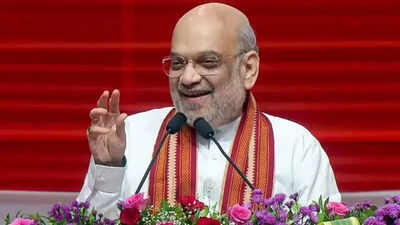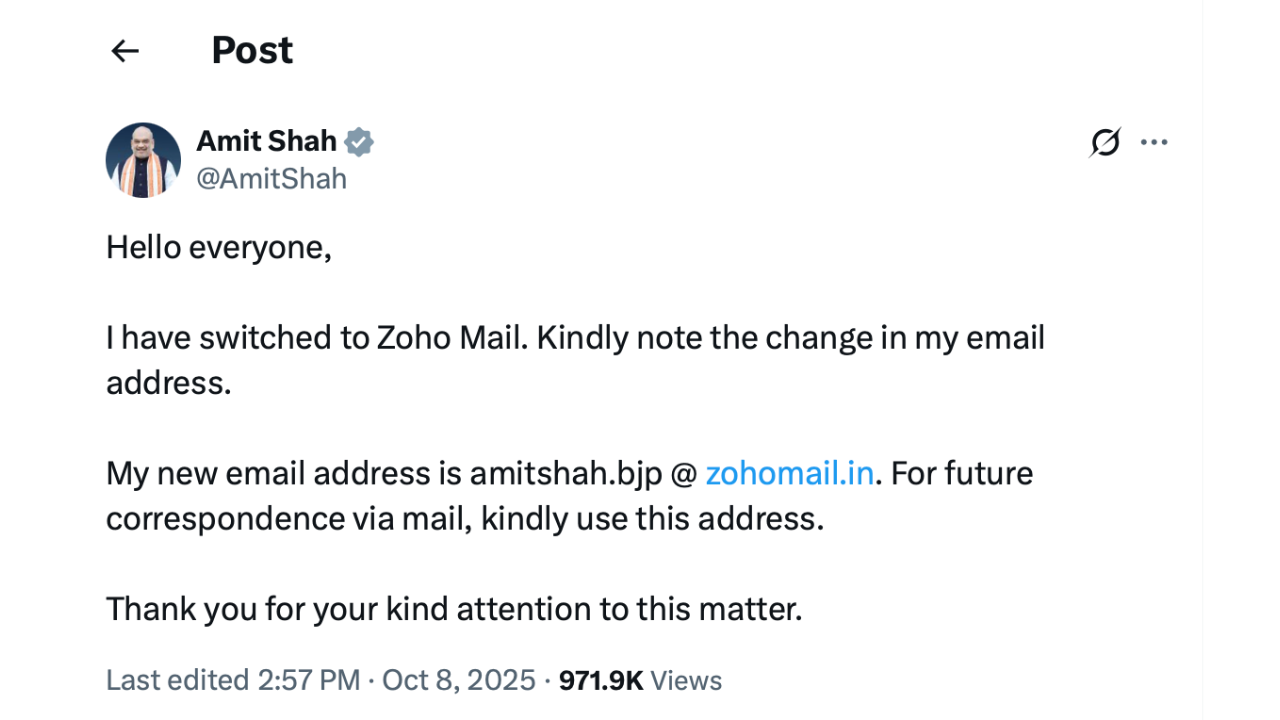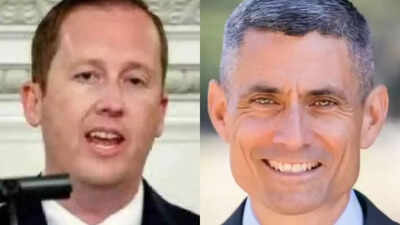Amit Shah opens Zoho email account, writes: Hello everyone, kindly note…

Union Home Minister Amit Shah on Wednesday announced his switch to Zoho Mail, India’s homegrown email platform, seemingly ditching Google and Microsoft in a major push for indigenous technology. Sharing his new email address—amitshah.bjp@zohomail.in—on social media, Shah wrote: “Hello everyone, I have switched to Zoho Mail. Kindly note the change in my email address. For future correspondence via mail, kindly use this address.”

Shah’s move follows a broader government push toward self-reliance in digital infrastructure. IT Minister Ashwini Vaishnaw last month announced his transition to Zoho’s office suite for documents, spreadsheets, and presentations. The Ministry of Education has also directed officials to adopt Zoho’s productivity tools, marking a strategic shift away from foreign software dependency.This comes against the backdrop of US tariff pressures, with Prime Minister Narendra Modi’s ‘Swadeshi’ campaign encouraging Made-in-India products to foster economic growth and innovation.Zoho co-founder Sridhar Vembu expressed gratitude for the endorsement, dedicating the moment to engineers “who have toiled hard in Zoho for over 20 years.”
Zoho’s Arattai messaging app sees 100x traffic surge in three days
The government’s backing extends beyond email. Zoho’s messaging app Arattai, launched in 2021, recently witnessed explosive growth with daily sign-ups jumping from 3,000 to 350,000 in just three days—a 100-fold increase. Education Minister Dharmendra Pradhan praised Arattai as “secure, user-friendly, and completely free,” helping it climb India’s app store charts.The Tamil-named app—meaning “casual chat”—offers one-on-one and group messaging, multimedia sharing, and audio-video calls with end-to-end encryption. It works across devices including desktops and Android TVs, featuring stories, broadcast channels, and business tools.Zoho founder Sridhar Vembu admitted the surge came before a planned November update, recalling how the project once seemed “hopelessly foolish” even to company employees.




